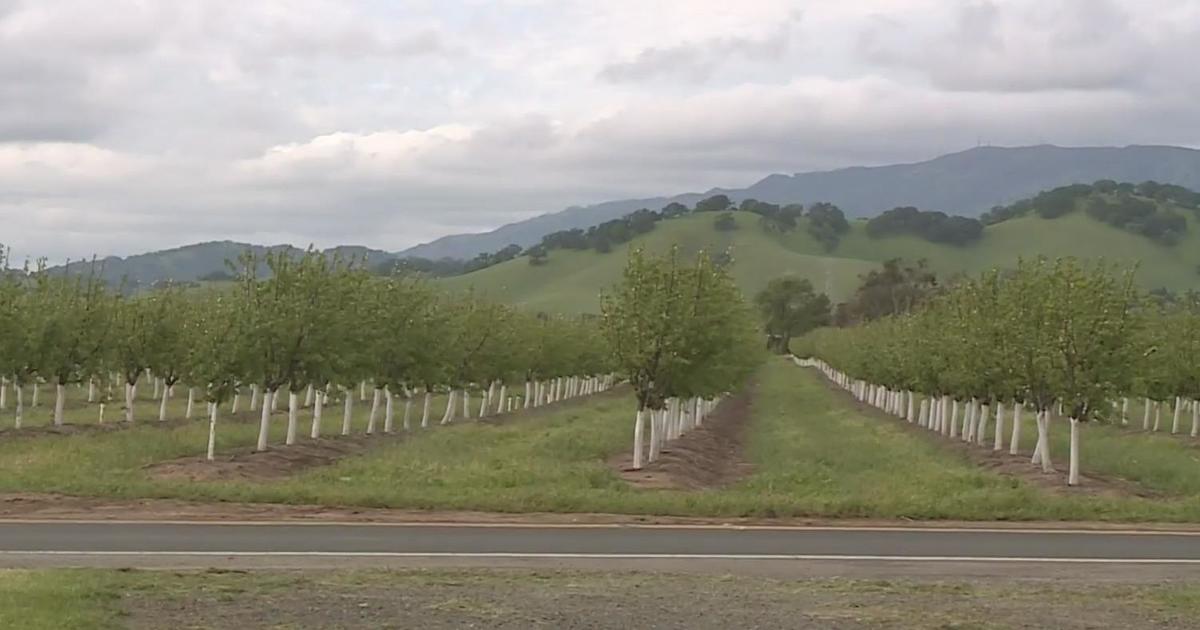Davis Researchers Consider Health Risks Of Firefighting Chemicals, Pesticides
DAVIS (CBS13) — UC Davis toxicology students are calling for a large-scale study on how smoke from chemicals used in wildfires impact our health.
As firefighters battle new wildfires up and down the state, researchers at the UC Davis Center for Environment and Health are zeroing in on a potential new health hazard: the combination of fire suppression chemicals burning with pesticides already in the soil.
"Certainly there is the concern that fire retardants can have carcinogenic potential," said UC Davis Center for Environment and Health Director Dr. Kent Pinkerton.
But he says those potentially cancer-causing chemicals used to fight a fire can lead to additional health problems when they interact with the chemicals humans add to the environment.
"When those areas burn, that creates a very complex exposure for which we don't know the health effects, said toxicology graduate Sarah Carratt.
Carratt was in a class on the effects of wildfire smoke when a blaze ripped through vineyards in Napa County and sparked her interest.
"We became concerned with if wildfires are burning in an area where pesticides and other chemicals could be used—how is that smoke, which was filling Davis at the time, affecting us?" she said
According to their findings, the amount of aerial fire retardant used in California from 2012 to 2015 increased from about 3 million gallons to 7 million gallons.
And the total weight of pesticides used on California land in that same timeframe increased from about 186 million pounds to 194 million pounds.
"These materials could be inhaled very easily by those who are in the vicinity," said Dr. Pinkerton.
The trends are troubling they say, but the information on their short and long-term health effects are still as hazy as the smoky California skies.
It would be the first study on the health impacts of chemicals in wildfires.
But so far there is no funding source.
Earlier this summer, a wildfire smoke study out of Colorado received a four million dollar federal grant from the National Science Foundation.



